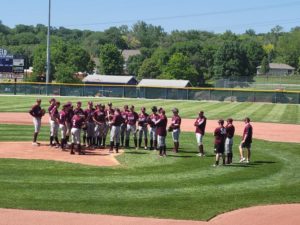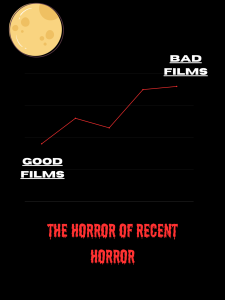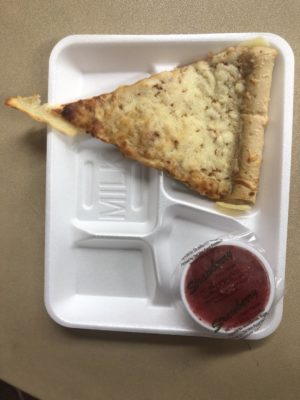High hopes for HOPE Squad
October 12, 2017
Hold On, Persuade, Empower: the meaning behind the HOPE Squad’s acronym truly summarizes what they plan to do in Bellevue West. This newly formed group intends to help prevent suicides and generally aid students in need.
Region 6 Behavioral Healthcare, which oversees the Cass, Dodge, Douglas, Sarpy, and Washington counties, received a grant that would allow four HOPE Squads to be implemented in Nebraska. Bellevue West volunteered to have one of these squads, putting it in the first group of Nebraska schools ever to have that program.
“Hopefully this group will increase the amount of communication between students who are struggling and our counseling staff and everybody else,” principal Kevin Rohlfs said.
During advisory, students viewed a video about HOPE Squads and subsequently voted for who they believed should be part of the squad. The votes were narrowed down to 31 members, including senior Ian Allen, who felt honored by being selected. Although he did not expect it, he offered theories on his selection.
“I’m friendly to a lot of people, I like being nice to people, and I just want to connect with people and make change happen,” Allen said.
The HOPE Squad will watch for students who exhibit signs of being at-risk for suicide, and respond by getting them any help that they might need and providing friendship. According to the American Foundation for Suicide Prevention, suicide is the second leading cause of death in Nebraska for ages 15-34. This statistic shows why Rohlfs believed that a HOPE Squad would be a useful tool to implement. Rohlfs offered his input on why suicide rates are as high as they are.
“It’s a very stressful world,” Rohlfs said. “I grew up a long long time ago and I don’t remember facing near the stresses that our students are facing now. There’s a lot of family dynamics going on, a lot of pressures out in the community, and there’s a lot of negativism out there. There’s lots of stuff out there that students are having to deal with.”
One concern that some have is if students will actually talk to the HOPE Squad members.
“Later on as they get acclimated and know that it’s not the mafia, it’s not snitches, they’ll talk to us,” Allen said. “I think until then it may be a little rough.”
According to counselor Susan Polk, students are typically more willing to speak with peers than adults.
“I know it’s great to talk to peers, but it is really a situation that they need an adult to help them handle,” Polk said.
Along with Rohlfs, dean Jessica Prusha, and science teacher Kristina Armbruster, fellow counselor Melissa Minahan will be helping to guide along the HOPE Squad.
“Our goal is to keep communicating out that we want them to communicate that they are struggling with something, that they need help, but we want those peers who learn that information to then reach out and get them help,” Minahan said.
Staff and students may recognize some similarities between HOPE Squad and the Let’s Talk group that was previously at Bellevue West. There is one major difference though: training.
“The thing that always worried me with that group was that it was a group of juniors and seniors that were very motivated to just do something but there was no training for them,” Rohlfs said. “Every month, the HOPE Squad will meet two days during GPS and there is a lesson that they’ve developed that we’ll go through.”
Rohlfs said he is hopeful that Bellevue West would see an improvement as a result of having a HOPE Squad.
“Everywhere that it has gone, it has lowered the number of suicides, the number of suicide attempts, and self-harm behaviors,” Rohlfs said. “What it has increased is the number of people who are seeking help or talking to a counselor or somebody. If we just increase by one or 10 students that are getting help, then we are being successful.”







